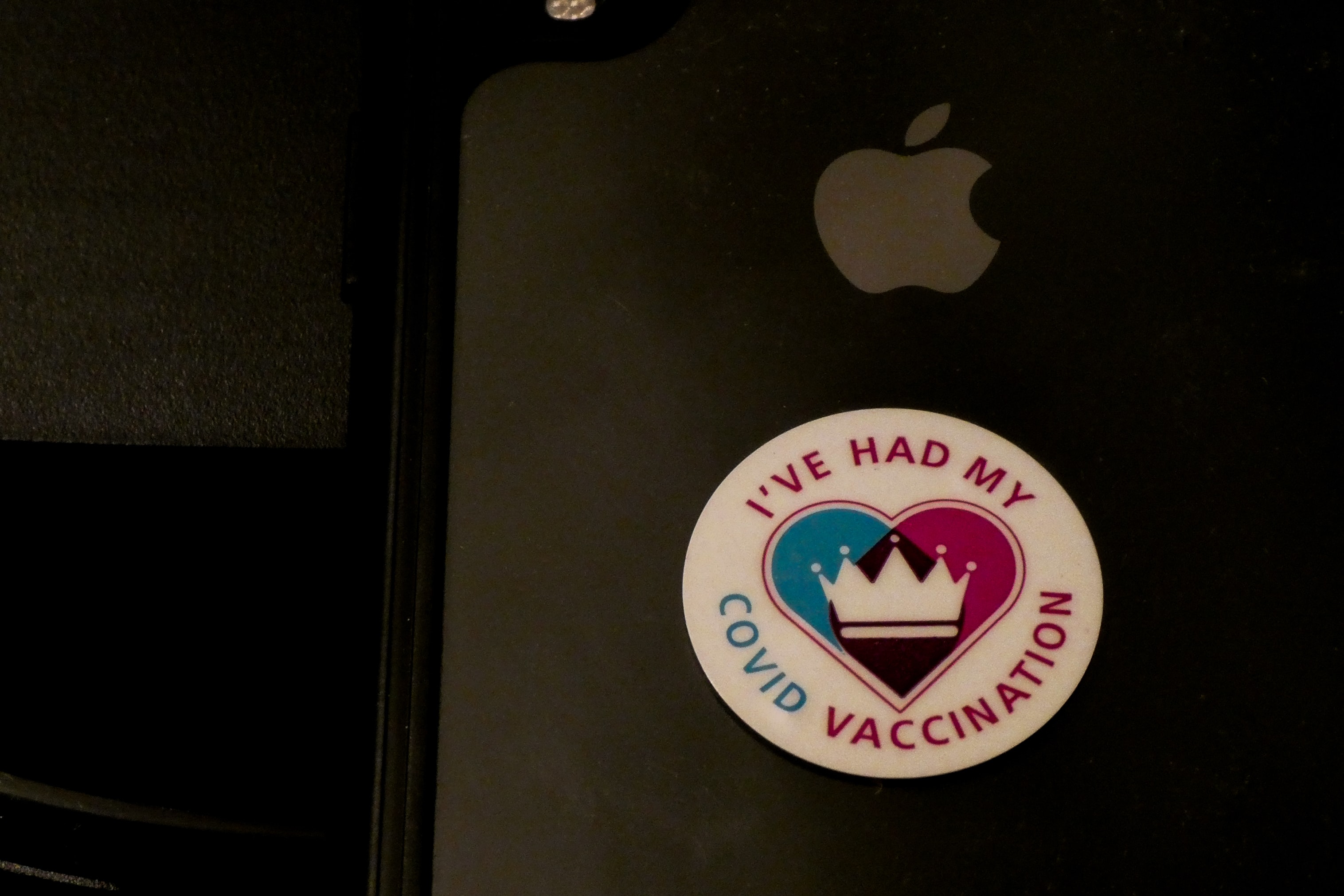Vaccine Passports in Higher Ed: 5 Things to Know
Rutgers University recently became one of the first universities to require vaccine passports for its 71,000-plus students

Tools and ideas to transform education. Sign up below.
You are now subscribed
Your newsletter sign-up was successful
The era of vaccine passports in higher education has begun.
Rutgers University recently became one of the first universities to require vaccines for all of its 71,000-plus students. While the university does not use the term “vaccine passport,” in-person students will be required to get one of the available Covid-19 vaccines to be on campus this fall. Students under 18 are encouraged to get the Pfizer vaccine, which is approved for use on those 16 older, while the Moderna and Johnson & Johnson vaccines are only approved for those 18 years and older.
Tech & Learning talks with Renee C. Mattei Myers, an attorney who specializes in discrimination law, about vaccine passport programs and the challenges associated with implementing any in higher education.
1. Vaccine Passports Are Not New
While the concept of vaccine passports may feel new, Covid-19 vaccines won’t be the first vaccines that universities require students to obtain.
“A lot of colleges and universities require incoming students to have certain vaccines,” Myers says. “We've seen that a lot with things such as meningitis or things that could have such a devastating impact on the college community if there's an outbreak. I have a high school senior and before she could start school she had to get a series of vaccines, so it's not unusual.”
2. Not Every Student at Rutgers Will Need a Vaccine Passport
In the press release announcing Rutgers’ vaccine passport program, university officials made it clear that some exceptions to the rule will apply. Students are able to request exemptions for medical or religious reasons, and those participating in fully online programs are not required to be vaccinated.
Schools and employers can legally require vaccination passports, Myers says. “That said, it's not that easy. There has to be exceptions and a process in place for individuals who might not necessarily be able to get vaccinated because of medical conditions, allergies, or severe allergic reactions, or other types of situations. Also, under Title VII with regard to religious discrimination, you have to provide an avenue to request those religious exemptions for sincerely held and closely held religious beliefs that would not allow them to get those vaccinations.”
Tools and ideas to transform education. Sign up below.
3. Enforcing Vaccine Passports May Be Complicated by Emergency Use Authorization
Unlike the vaccines universities routinely require, all three Covid-19 vaccines are currently available in the U.S. because they have emergency use authorization from the Food and Drug Administration. The emergency use of these vaccines may complicate vaccine passport programs but will not make them impossible to implement.
“There is a stronger argument for individuals who are looking for these exceptions because it is only emergency authorization instead of a full approval,” Myers says. “However, in the guidance that we've seen come out, they don't differentiate between a vaccine that has kind of been fully vetted and approved versus this emergency authorization.
4. Other Universities Are Likely to Launch Similar Vaccine Passport Programs
Rutgers is one of the first institutions to launch a vaccine passport program, but it probably won’t be the last. “When we're looking at these institutions, there's a real push to get back to in-person learning to have some sense of normalcy,” Myers says. “I think that they are trying to do whatever they can to get these students back on campus without that additional risk of COVID. We saw it last fall, a lot of these colleges came back, students came back, and a week later they were back home or stuck in their dorms in quarantine because of these massive outbreaks.”
5. Vaccine Passports Require Clear Communication and Careful Consideration
For schools that are considering implementing some type of vaccine passport policy, Myers advises launching communication campaigns that encourage students to voluntarily get vaccinated and share their vaccination status.
“The more people know, the more information they have, the more comfortable they will be with getting it voluntarily,” she says. “That said, there are lots of organizations and areas where mandates are almost the standard. Nursing homes, childcare facilities, hospitals -- where there's lots of close contact with individuals that could be infected and where, like a college dorm, if there is an outbreak, it could be devastating.”
Ultimately, the decision of whether or not to institute a vaccine passport program is a delicate one for university leaders. “They need to look at their demographics, where their students are coming from, what areas of the country,” says Myers. “How readily available are vaccinations in those areas? Are their socio-economic barriers that their students might have to overcome to be able to get that vaccine?”
Erik Ofgang is a Tech & Learning contributor. A journalist, author and educator, his work has appeared in The New York Times, the Washington Post, the Smithsonian, The Atlantic, and Associated Press. He currently teaches at Western Connecticut State University’s MFA program. While a staff writer at Connecticut Magazine he won a Society of Professional Journalism Award for his education reporting. He is interested in how humans learn and how technology can make that more effective.

